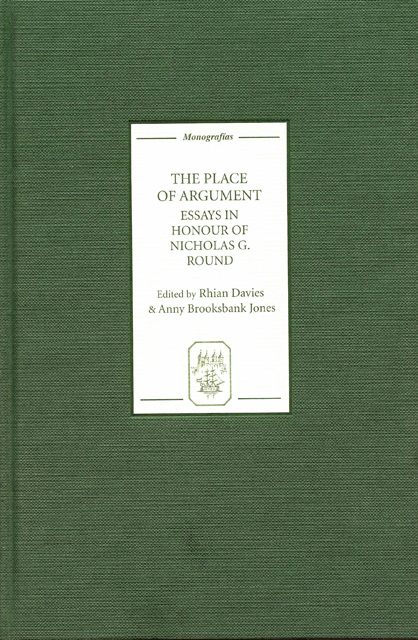Civilization and Barbarism: The Perpetual Question
Published online by Cambridge University Press: 10 May 2023
Summary
Much mediaeval writing can still connect with us and with our experience; often it does so in ways more pertinent and alive than are achieved by most authors closer to our own age.
(Round 1980: 156)Nick Round wrote these words a quarter-century ago, commenting on the 1980 Modern Languages Association Presidential Address, by Professor Philip Thody, of Leeds University. Essentially, Thody considered university modern languages education, as then constituted, to be inadequate for the modern world (because of the stranglehold of mediaevalists and historical philologists). Echoing the fears expressed by Matthew Arnold in the nineteenth century about the overthrow of civilized culture, Thody feared that the perceived cultural deficiency of graduates was likely to hasten the future emergence of a centralized bureaucratic state. His proposed remedy was modern language studies based on three elements: increased language teaching; history and social structure; a range of literature (this last to generate understanding, not of the foreign culture, but through it, of the home culture).
While accepting a good deal of Thody’s analysis, Round denies the existence of a mediaeval hegemony: ‘The unicorn’, said the lady in the Thurber story, ‘is a mythical beast.’ The ‘dominant position of mediaeval studies in most modern language courses’ is another; ‘there is no such animal’ (1980: 155). He concedes that sometimes mediaeval texts were used ‘not as imaginative witnesses but as specimens in a linguistic museum’ (1980: 157), but asserts that ‘the Celestina […] can speak as directly and as valuably to mystudents as, let us say, the latest Latin-American novel’ (1980: 157). He regards language acquisition as an inexact science, denounces quantitative arguments as naïve, and argues that teachers should facilitate students’ engagement, which in turn will bring about their internal transformation.
As to how engagement might be achieved, Round observes that, since students spend a great deal of time outside formal literature classes on private study, the same should be true for their language studies. He then asks what might stimulate motivation to learn the language. The year abroad is considered essential, because then students see real results from language skills. How, Round wonders, can similar engagement be encouraged at university, where (except for students with a vocational orientation) the relationship between skill and result is purely formal?
- Type
- Chapter
- Information
- The Place of ArgumentEssays in Honour of Nicholas G. Round, pp. 203 - 220Publisher: Boydell & BrewerPrint publication year: 2007

